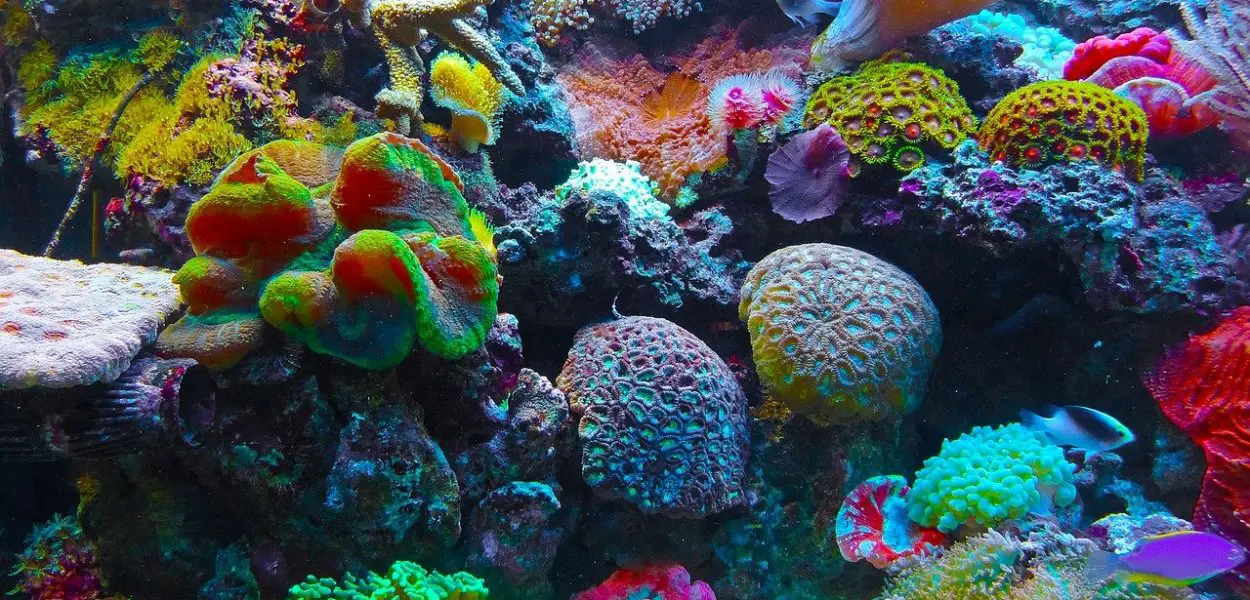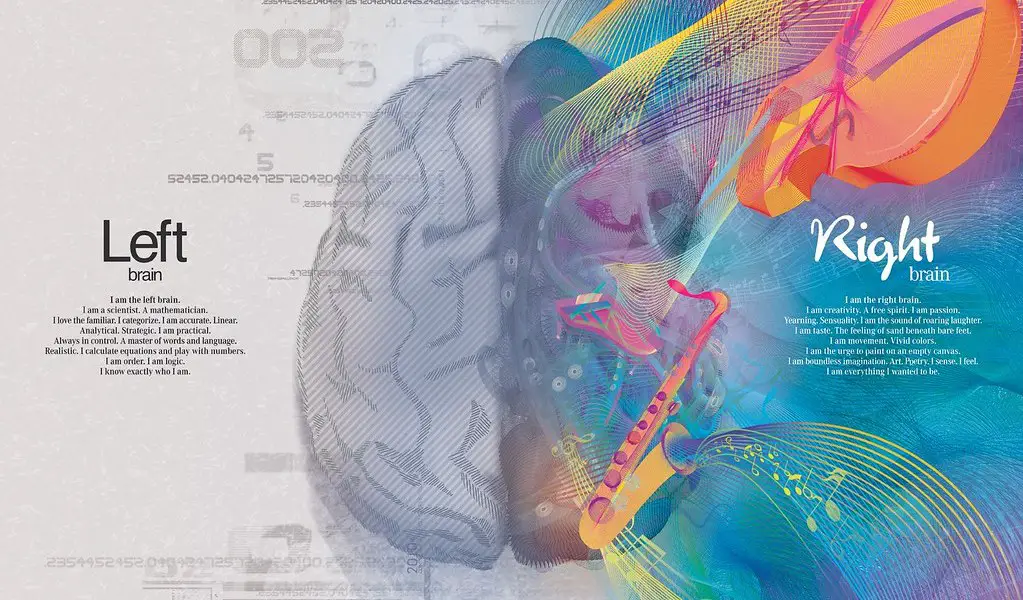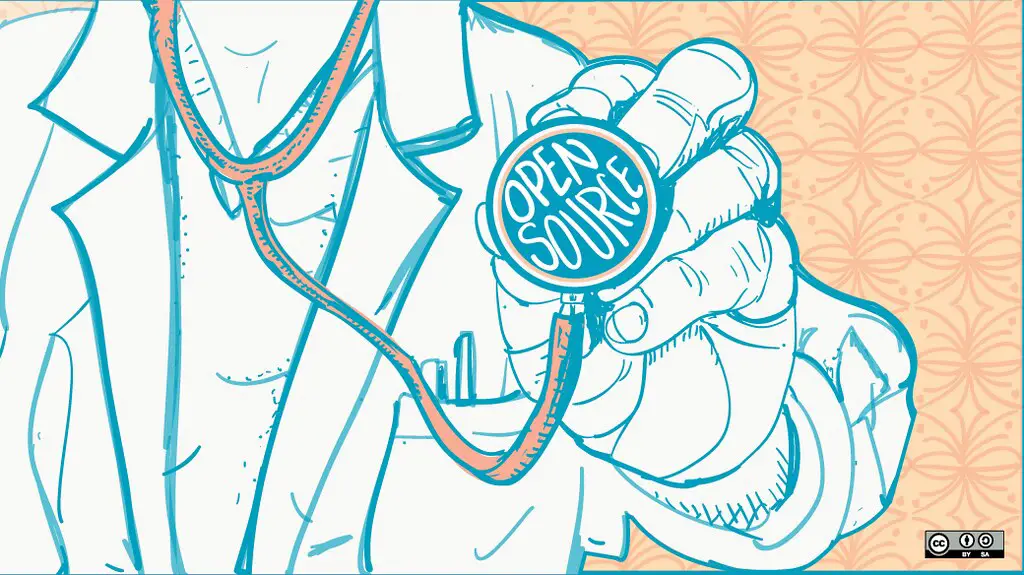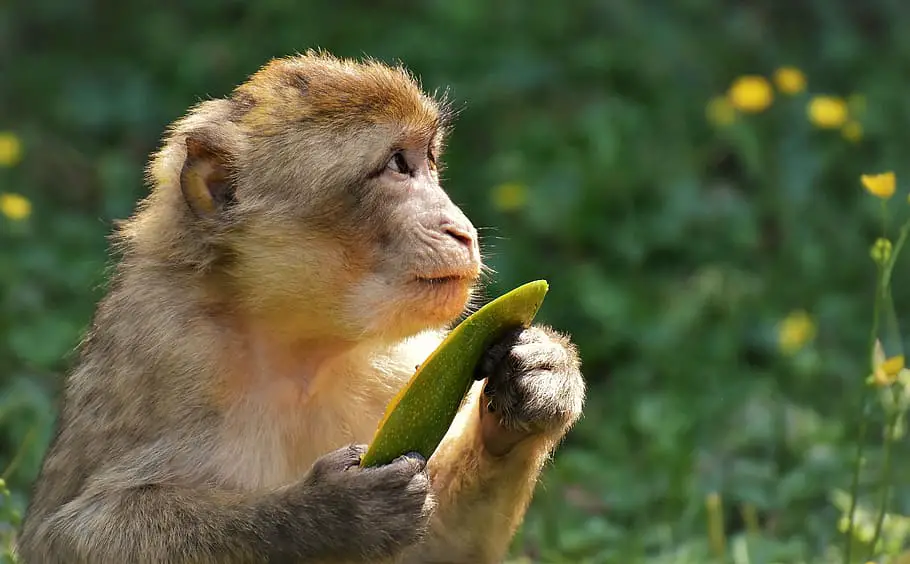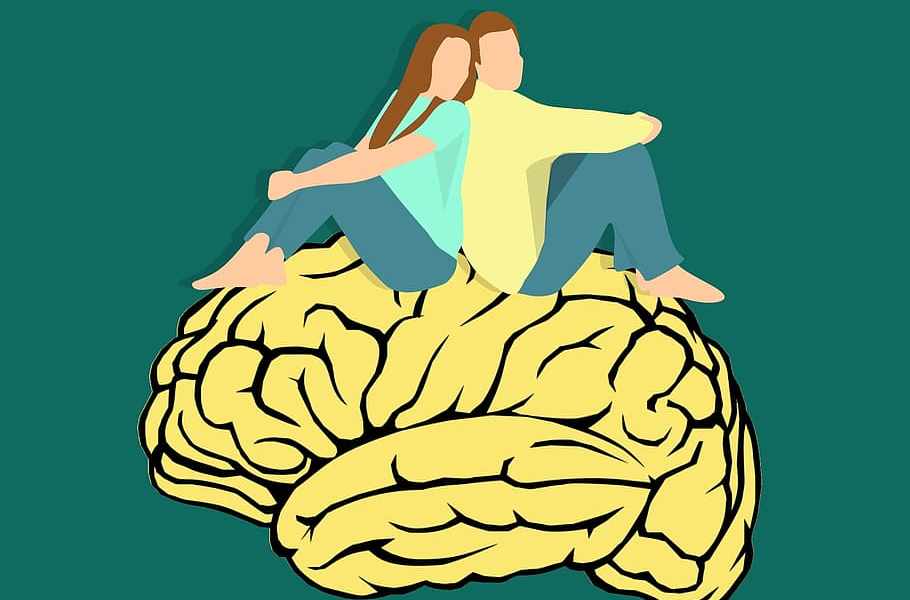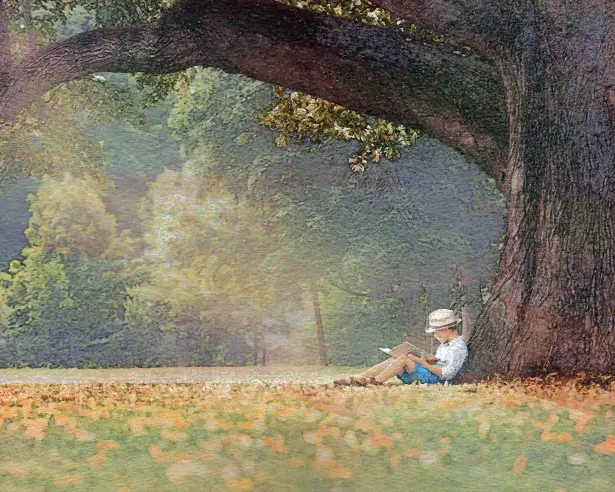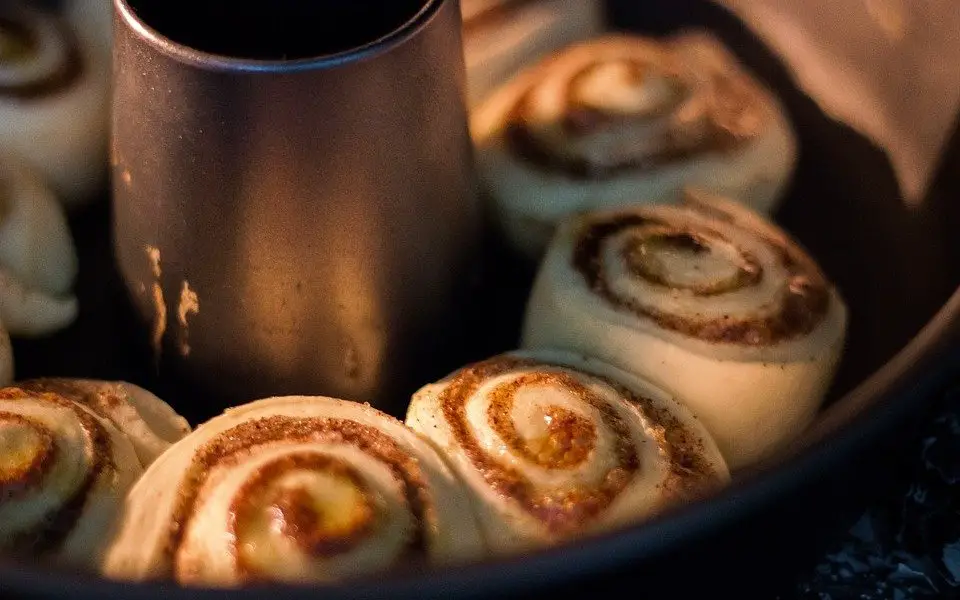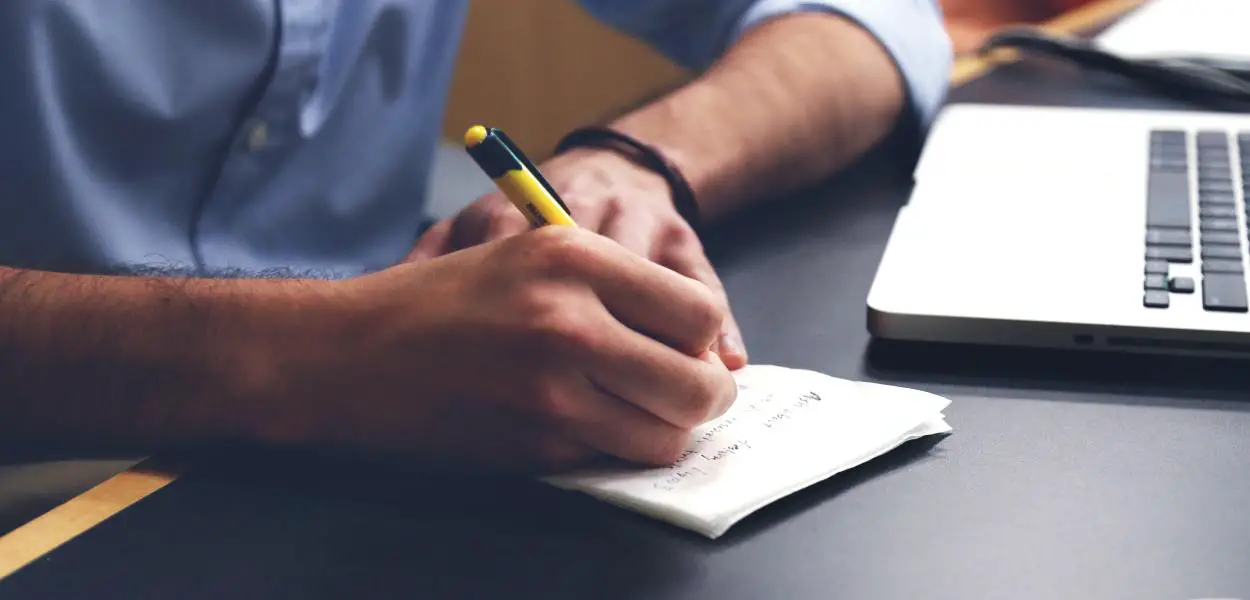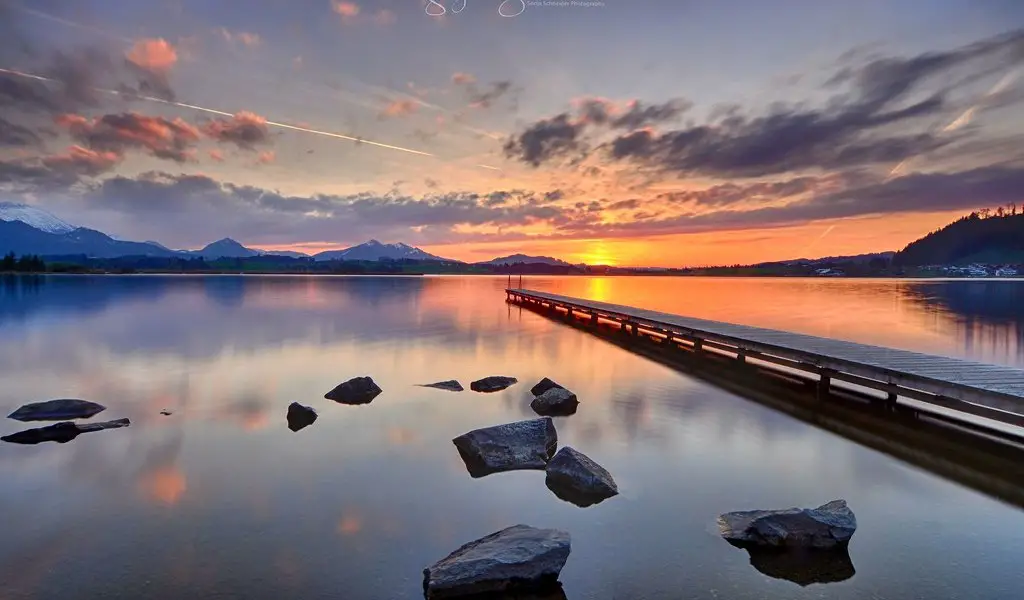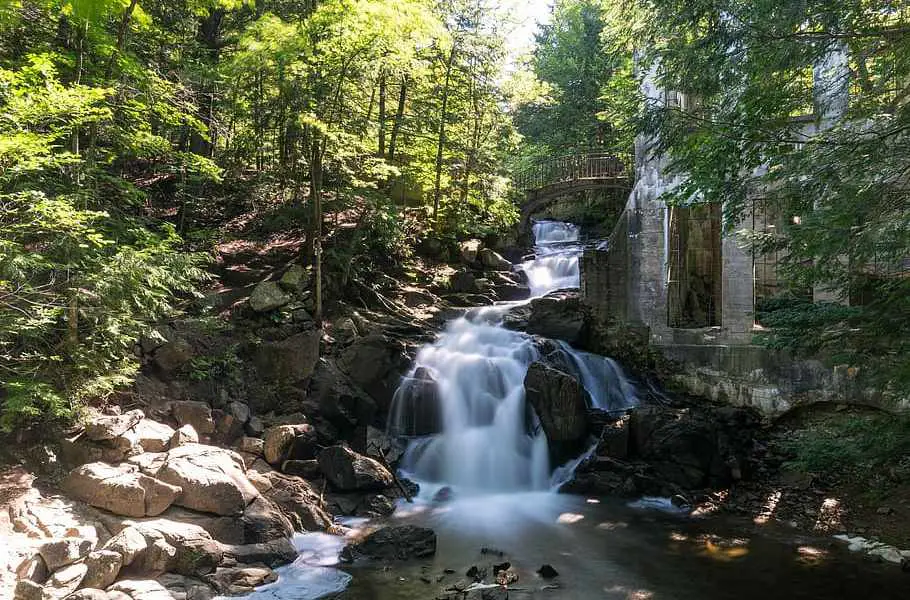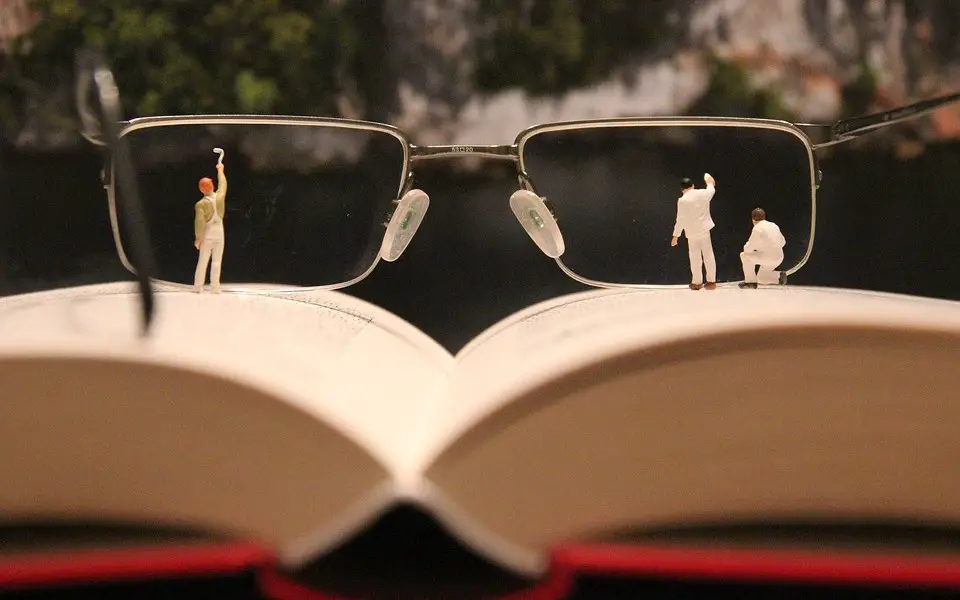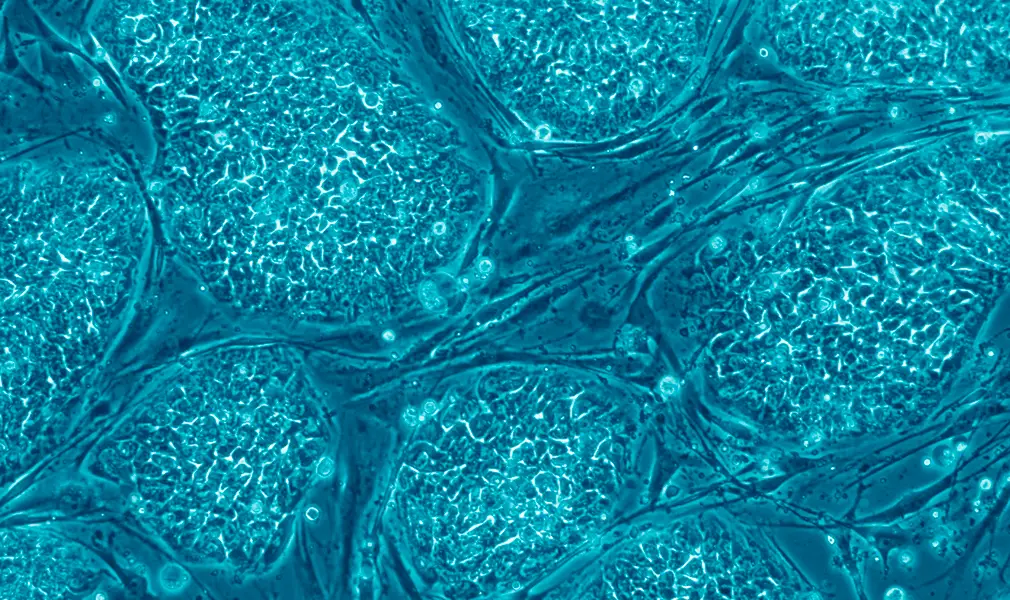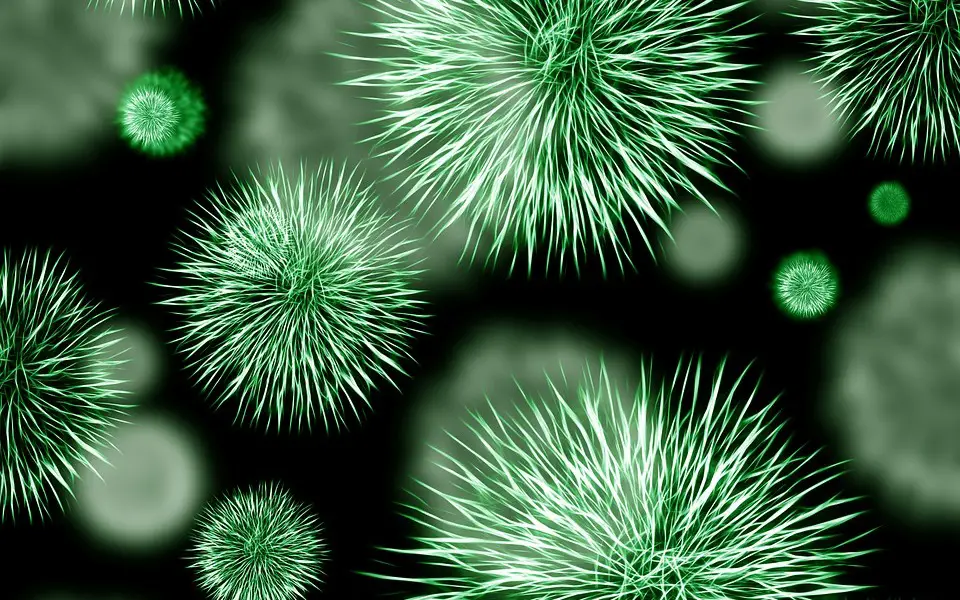Oceanic Forestry: Coral Farming and Biorocks
Climate change affects the entirety of the earth’s surface, and nowhere more so than our oceans. While our seas cover about two-thirds of the earth’s surface they absorb over ninety percent of the additional heat attributable to global warming. Both land masses and bodies of water absorb and reflect solar radiation that rebounds off of the greenhouse gases trapped in our atmosphere, but the latter is generally more absorptive and holds on to heat longer due to differences in physical properties. This of course has led to increases in global seawater temperatures, which has and continues to endanger several aquatic species. This article will examine one of those species and go over human efforts to preserve it.

